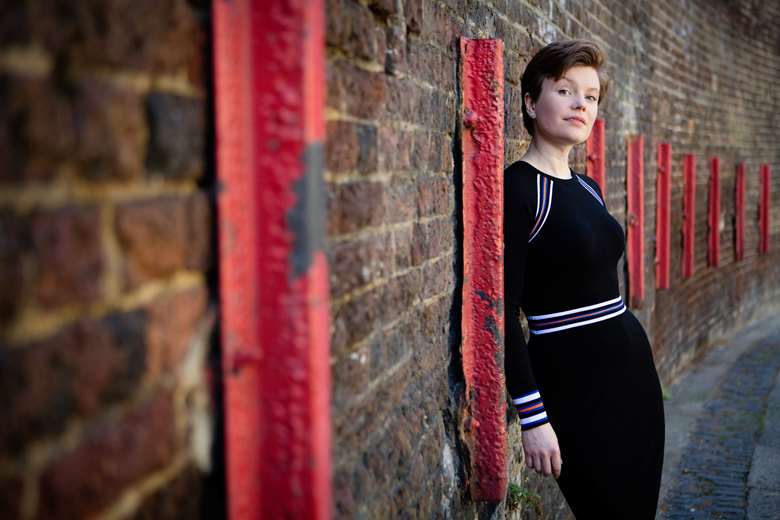'Tiring but replenishing': one pianist's commitment to the community
Clare Hammond
Thursday, March 4, 2021
Pianist Clare Hammond describes how engaging with her community, through work in prisons and schools, helped her recovery from mental illness

Julie Kim

Register now to continue reading
Don’t miss out on our dedicated coverage of the classical music world. Register today to enjoy the following benefits:
- Unlimited access to news pages
- Free weekly email newsletter
- Free access to two subscriber-only articles per month